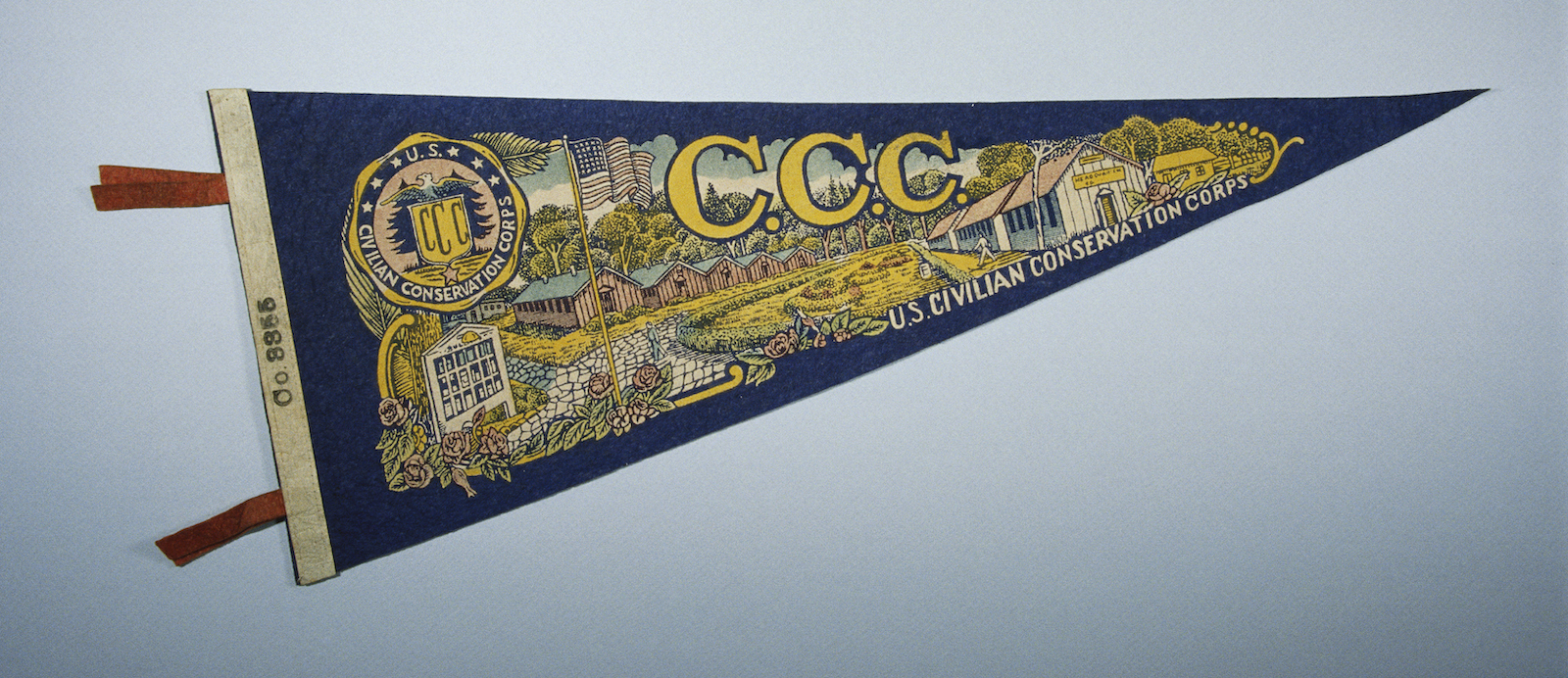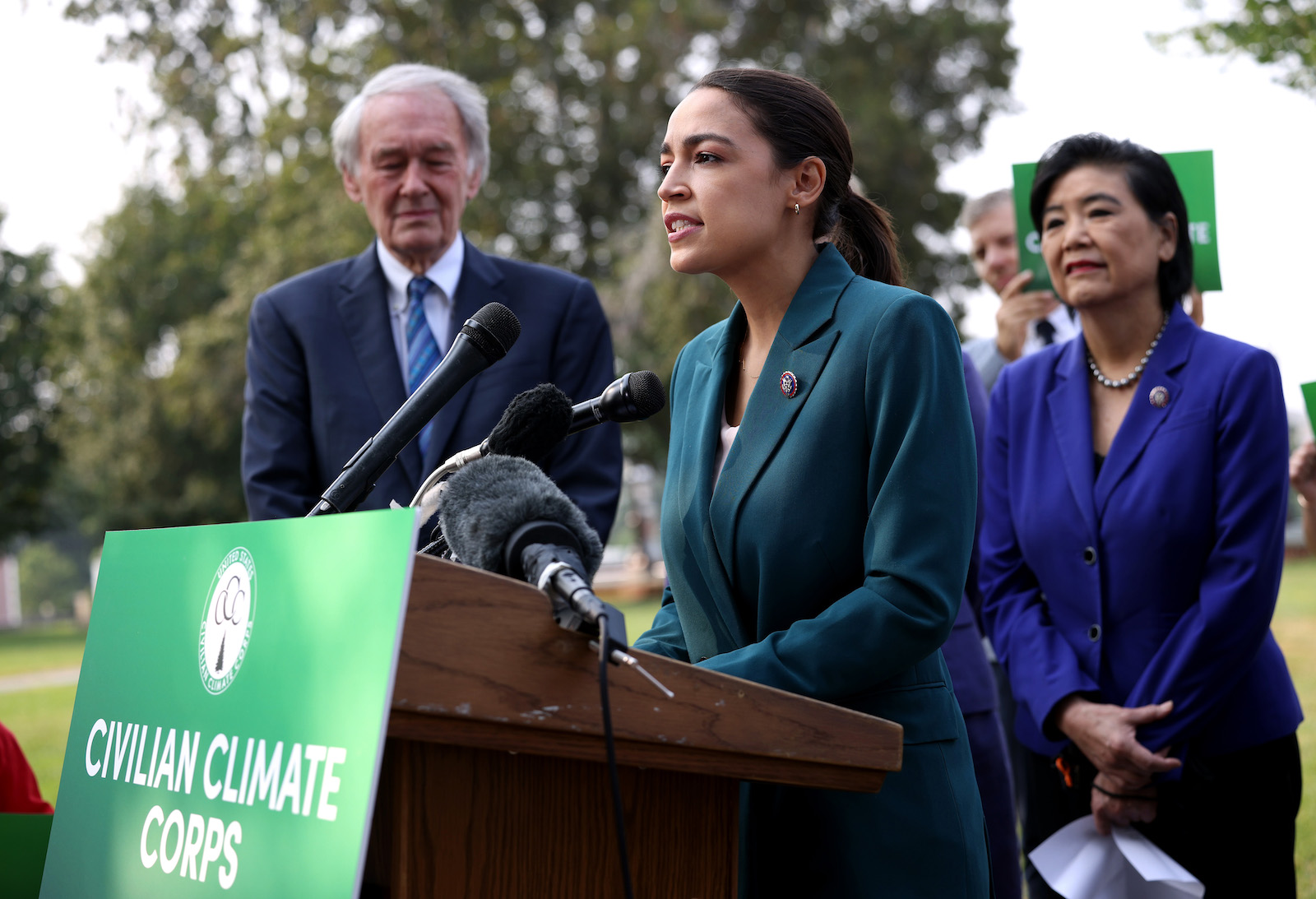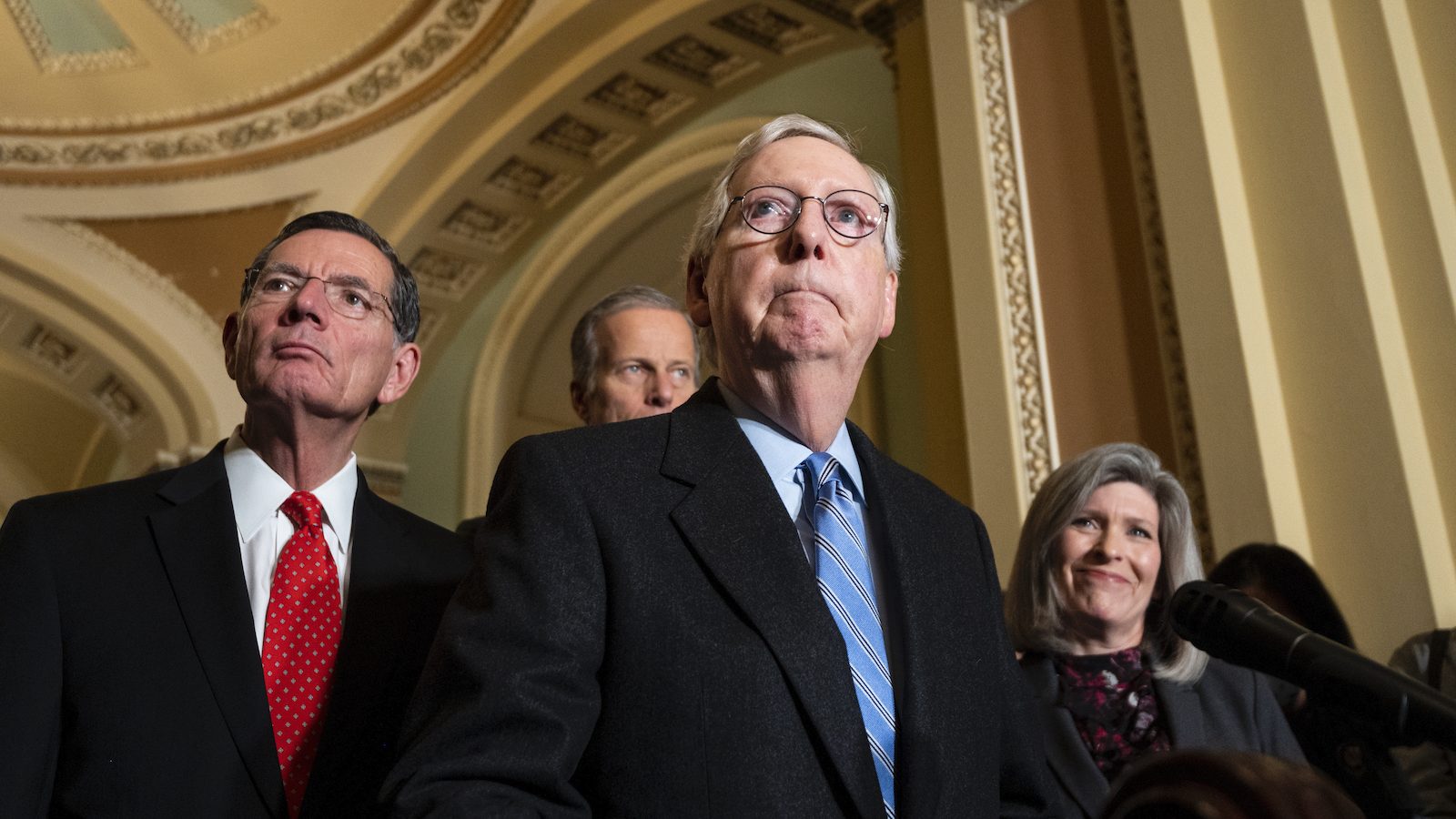The future of the Civilian Climate Corps is up in the air.
In January, two weeks after taking office, President Joe Biden signed an executive order to create a jobs corps inspired by one of President Franklin D. Roosevelt’s most popular New Deal-era programs, the Civilian Conservation Corps. The original program, intended to help the country survive the Great Depression, employed 3 million people over its nine-year run beginning in 1933. Visit a national park today, and you’ll walk among the program’s legacy of hiking trails, campsites, and lodges.
Biden planned to revive the program with a new focus on climate change. Now, workers would not only fight wildfires and improve access to parks, but also put up solar panels and weatherize buildings. The Build Back Better Act includes billions for funding the new “Civilian Climate Corps,” but after passing the House, it has stalled in the Senate, where it needs the vote of Senator Joe Manchin of West Virginia — a conservative Democrat who has opposed parts of the bill — since no Republican senator would support it.
Republicans have found plenty of things to criticize in the Build Back Better package, but they’ve found particularly harsh words for the Civilian Climate Corps. Senate Minority Leader Mitch McConnell of Kentucky called the program “pure socialist wish fulfillment” in a speech on the Senate floor in October. Representative Jim Banks of Indiana described it in a memo as “a cabal of federally funded climate police.”
Amazingly, just over a year ago, your average Republican liked the idea of reviving the Civilian Conservation Corps. A poll from October 2020 found that 84 percent of Republican voters, compared to just 78 percent of Democratic ones, supported creating a program to fight fires, plant trees, and do conservation work modeled after the CCC of the 1930s. About half a year later, however, after Biden announced his program and swapped “climate” for “conservation” in the title, polling shows that Republican support dropped almost in half, to 44 percent.
“It’s just so unfortunate that a program like this has been caught up in these divisive politics,” said Neil Maher, a history professor at the New Jersey Institute of Technology and the author of the book Nature’s New Deal, which chronicles the history of Roosevelt’s Civilian Conservation Corps. “Because if any program was going to help everyone across the political divide, it would be a program like this.”

The dream was that a national service program could bring the country together. In March, Senator Chris Coons, a Democrat from Delaware, said at a forum that he was “hopeful” that reanimating the CCC could get bipartisan support. This didn’t come out of nowhere: Coons had co-sponsored a bill to revive the Civilian Conservation Corps last year, and the more modest proposal got seven Republican senators on board. The program reportedly almost made it into the pandemic-relief package Congress passed last December.
But the Civilian Climate Corps has become yet another victim of polarization. So how did a green jobs program that was supposed to unite people end up driving opinions even further apart?
It’s possible that Republicans came to oppose the program simply because a Democrat championed it. In a 2018 study, researchers found that people supported a climate policy more when they were told their own party proposed it — and supported the same policy less when they were told it came from their political opponents.
“The more the CCC is associated with President Biden and other Democrats, the more Republicans are likely to oppose it,” said Leaf Van Boven, a psychology professor at the University of Colorado Boulder and one of the authors of the study. “The problem is not so much that Republicans are skeptical of CCC; the problem is that Republicans are skeptical of Democrats.”
But to seal the partisan deal, Biden replaced the word “conservation” with “climate” — a famously polarizing word — in the program’s name. “If I was an advisor to the Biden White House on communication, the first thing I would tell them was to not use the word ‘climate’ for anything like this,” said Dietram Scheufele, a communications professor at the University of Wisconsin-Madison. It erased an idea that resonated across the aisle — “conservation” sounds a whole lot like “conservative” — and replaced it with one “that’s going to make one side cringe,” Scheufele said. Some experts suggest that Republicans are more likely to support policies to address the crisis if the word “climate” is left out entirely.
Saying “climate” energizes progressives, of course. “My students hear the words ‘Civilian Climate Corps’ and they get really excited,” Maher said. “But that’s not who the president has to convince. He has to convince Senator Manchin, right? And ‘conservation’ goes over much better in West Virginia than ‘climate.’”

It didn’t take long for opponents to start characterizing the proposed Civilian Climate Corps as some kind of socialist plot. In May, a prominent climate denier appeared on Fox News to decry a CCC proposal backed by Representative Alexandria Ocasio-Cortez of New York, suggesting that the Democrats were trying to buy loyal voters by giving out good-paying jobs. “Are they gonna lose the R in climate ‘corps’ and become ‘climate cops’ and start admonishing people, knocking hamburgers out of their mouth at a park?” he asked. In July, the Wall Street Journal ran a widely-circulated editorial describing the proposal as a Democratic plan “to tax you and other Americans to pay your children to spend years lecturing you.”
This kind of coverage can really influence how people think. Consider what happened with the “Green New Deal” — at the end of 2018, before it became a rallying cry for progressives, 64 percent of Republican voters actually liked the idea. But the talking heads had other plans. A 2019 study found that the more Republicans heard about the Green New Deal on Fox News, the less they liked it. Among those who watched Fox News more than once a week, support for the Green New Deal plummeted from 54 percent to 22 percent in the span of four months.
Could Congress still manage to pass funding for the climate corps without any Republican support? It’s possible, but Biden would have to reach a compromise with Manchin, who said outright this week that he wouldn’t support Build Back Better. On the other hand, Manchin reportedly offered Biden a deal that would keep much of the climate spending intact, so perhaps there’s still some room for negotiation.
If that doesn’t work, Biden would have to get some Republicans on board. An effective tactic, Van Boven suggested, would be giving up the whole idea of a “political win” and finding a Republican politician to introduce the policy. “Let Republican leaders propose something like CCC (maybe not mentioning “climate”) and give them credit,” Van Boven said. That’s easier said than done — it requires willing Republican politicians and a sacrifice from Democrats, who would have to give up control over the program.
Another key to melting the partisan opposition might be seeing firsthand what the new CCC — if it manages to pass — actually does. John Bridgeland, a Republican who led national service efforts for former President George W. Bush after the 9/11 attacks, supports creating the climate corps. “My experience tells me that when political leaders actually see these programs in action,” watching people at work in parks, seashores, and wetlands, “they take a different and more positive view of these efforts,” he said. “It can heal a divided nation.”



